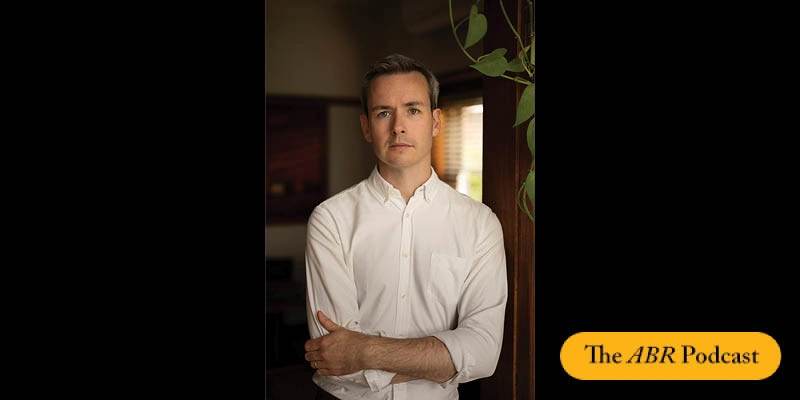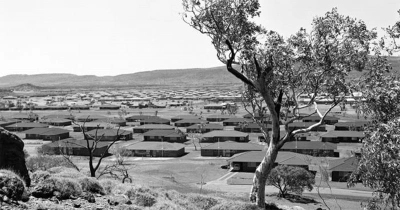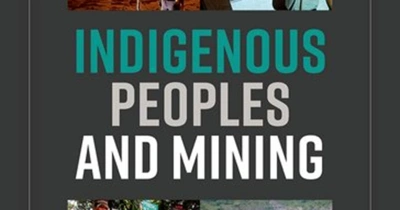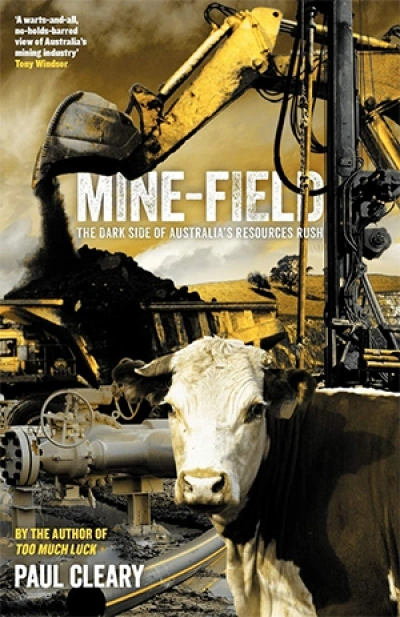Accessibility Tools
- Content scaling 100%
- Font size 100%
- Line height 100%
- Letter spacing 100%
Mining
The ABR Podcast
Released every Thursday, the ABR podcast features our finest reviews, poetry, fiction, interviews, and commentary.
Subscribe via Apple Podcasts, Stitcher, Google, or Spotify, or search for ‘The ABR Podcast’ on your favourite podcast app.
Denial, obfuscation, defiance
Two earnest books on the challenges ahead
This week on The ABR Podcast, Patrick Mullins reviews What’s the Big Idea?, edited by Anna Chang and Alice Grundy, and Age of Doubt, edited by Tracey Kirkland and Gavin Fang. In What’s the Big Idea? essayists suggest changes to combat the myriad crises – from violence against women to climate catastrophe – that Australia faces. The writers in Age of Doubt analyse the ways trust has been eroded in Australia, and how the country might restore it. Writes Mullins, ‘Time will tell whether Australians will take the opportunities presented’. Patrick Mullins is a writer and visiting fellow at the ANU’s National Centre of Biography. Here is Patrick Mullins with ‘Denial, obfuscation, defiance: Two earnest books on the challenges ahead’, published in the April issue of ABR.
Recent episodes:
In this week’s ABR Podcast, we feature the third-place winner in this year’s Calibre Essay Prize, Nicole Hasham’s ‘Bloodstone: The day they blew up Mount Tom Price’. In preparation for the essay, Walkley Award-winning journalist Nicole Hasham travelled to the site of Wakathuni, the Pilbara mountain also known as Tom Price that was blown up in 1974 to mine iron ore. Listen to Nicole Hasham’s ‘Bloodstone: The day they blew up Mount Tom Price’, published in the July issue of ABR.
... (read more)To obliterate a mountain, one must first drill a series of holes 2.4 metres deep – in either a square or diagonal pattern, depending on the rock type and face condition. A crew moves in to load the holes with blasting agent, typically a mix of ammonium nitrate and fuel oil. Detonators and boosters are laid and an explosive cord is run over the mountain face. A fuse is lit. It explodes the detonator, which explodes the cord, which explodes the boosters, which explodes the blast mix, which in turn explodes the mountain.
... (read more)




